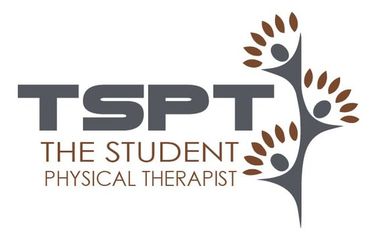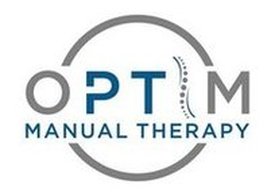- Home
- About Us
- TSPT Academy
- Online Courses
-
Resources
- Newsletter
- Business Minded Sports Physio Podcast
- Day in the Life of a Sports PT
- Residency Corner
-
Special Tests
>
-
Cervical Spine
>
- Alar Ligament Test
- Bakody's Sign
- Cervical Distraction Test
- Cervical Rotation Lateral Flexion Test
- Craniocervical Flexion Test (CCFT)
- Deep Neck Flexor Endurance Test
- Posterior-Anterior Segmental Mobility
- Segmental Mobility
- Sharp-Purser Test
- Spurling's Maneuver
- Transverse Ligament Test
- ULNT - Median
- ULNT - Radial
- ULNT - Ulnar
- Vertebral Artery Test
- Thoracic Spine >
-
Lumbar Spine/Sacroiliac Joint
>
- Active Sit-Up Test
- Alternate Gillet Test
- Crossed Straight Leg Raise Test
- Extensor Endurance Test
- FABER Test
- Fortin's Sign
- Gaenslen Test
- Gillet Test
- Gower's Sign
- Lumbar Quadrant Test
- POSH Test
- Posteroanterior Mobility
- Prone Knee Bend Test
- Prone Instability Test
- Resisted Abduction Test
- Sacral Clearing Test
- Seated Forward Flexion Test
- SIJ Compression/Distraction Test
- Slump Test
- Sphinx Test
- Spine Rotators & Multifidus Test
- Squish Test
- Standing Forward Flexion Test
- Straight Leg Raise Test
- Supine to Long Sit Test
-
Shoulder
>
- Active Compression Test
- Anterior Apprehension
- Biceps Load Test II
- Drop Arm Sign
- External Rotation Lag Sign
- Hawkins-Kennedy Impingement Sign
- Horizontal Adduction Test
- Internal Rotation Lag Sign
- Jobe Test
- Ludington's Test
- Neer Test
- Painful Arc Sign
- Pronated Load Test
- Resisted Supination External Rotation Test
- Speed's Test
- Posterior Apprehension
- Sulcus Sign
- Thoracic Outlet Tests >
- Yergason's Test
- Elbow >
- Wrist/Hand >
- Hip >
- Knee >
- Foot/Ankle >
-
Cervical Spine
>
- I want Financial Freedom
- I want Professional Growth
- I want Clinical Mastery
|
In the push for advancing evidence-based practice in the orthopaedic setting, the APTA has been working on compiling the research for etiological factors, examination, treatment, outcomes, and more for various pathologies. These collections are known as the Clinical Practice Guidelines (CPG's). There are currently CPG's for these pathologies: -Neck Pain -Adhesive Capsulitis -Low Back Pain -Hip Pain and Mobility Deficits -Non-Articular Hip Joint Pain -Knee Ligament Sprain -Meniscal and Articular Cartilage Lesions -Achilles Tendinopathy -Ankle Stability and Movements Coordination Impairments -Heel Pain A couple years ago, the APTA released the CPG's for free viewing to all at this link. A lot of work went into developing these guidelines and they are some of the leading sources of evidence-based practice and preparation for the OCS. While the articles may appear lengthy, there are summary pages at the end of each one as well. Check out the CPG's when you get a chance for a great summary of current best practice! -Dr. Chris Fox, PT, DPT, OCS
1 Comment
6/21/2024 06:47:57 am
Utilizing the Clinical Practice Guidelines ensures optimal patient care and treatment efficacy. In managing diabetes, adherence to these guidelines is paramount, with particular attention to medications like insulin Toujeo. By following established protocols, healthcare providers can tailor treatment plans to individual needs, optimizing glycemic control and reducing long-term complications. The integration of insulin Toujeo, known for its extended duration of action and consistent blood sugar management, underscores the importance of evidence-based practices in improving patient outcomes. Consistent implementation of these guidelines fosters standardized care delivery, promoting health equity and quality of life for individuals living with diabetes.
Reply
Leave a Reply. |
Dr. Brian Schwabe's NEW Book in partner with PaleoHacks!
Learn residency-level content on our
Insider Access pages We value quality PT education & CEU's. Click the MedBridge logo below for TSPT savings!Archives
July 2019
Categories
All
|








 RSS Feed
RSS Feed